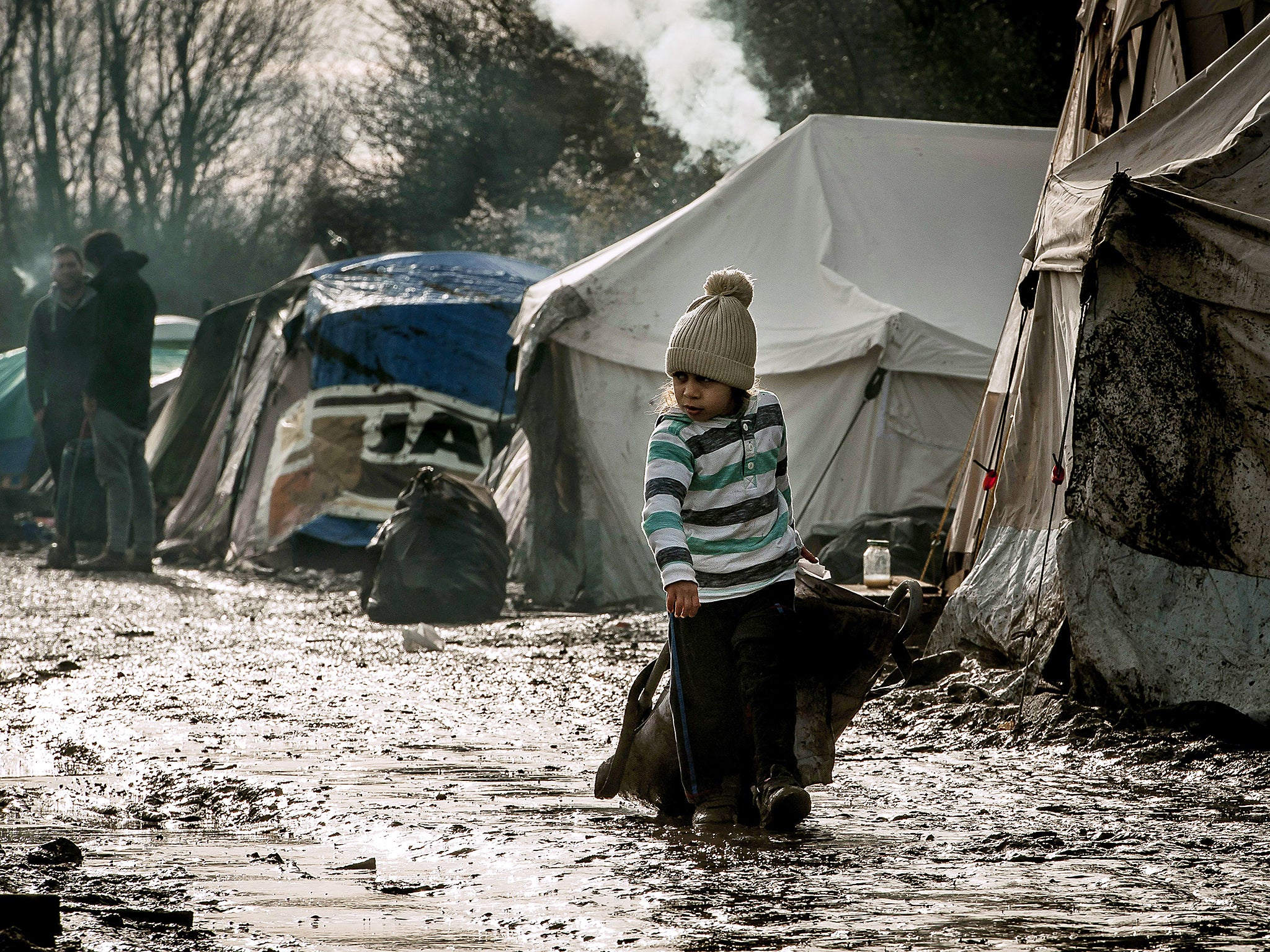On the anniversary of the Kindertransport, we should reflect on why we're failing child refugees today
Since the initial action to resettle children and teenagers who were stuck in Calais finished, too little has happened. Even those 480 Dubs places have not all been filled. Just 240 unaccompanied child refugees have been settled here in the last two years


Eighty years ago today, parliament voted to welcome 10,000 Jewish child refugees to Britain on the Kindertransport. In the shadow of Kristallnacht – the night of broken glass, so called for the shards that littered streets throughout Germany and Austria when Jewish shops, building and synagogues were smashed up – MPs from all sides came together to support the call from Sir Nicholas Winton for our country to do its bit to help those fleeing Nazi persecution.
But it isn’t enough to commemorate our history if we fail new generations of child refugees today. As the campaigning group Safe Passage has said: now it’s our turn to act. We should mark the anniversary of the Kindertransport with new UK commitments to protect vulnerable unaccompanied children who are fleeing conflict and persecution today.
In 1938, the motion was proposed by Labour MP Philip Noel-Baker. The then Conservative home secretary, Samuel Hoare responded: “There is no page in our lifetime which is so tragic as that of the sufferings of the refugees ... uprooted from their homes ... no country found ready at hand to receive them, separated from their families and their surroundings. We, the United Kingdom ... are prepared to play our full part”.
Last week, Kindertransport refugees, including former Labour minister Lord Alf Dubs and renowned immunologist Leslie Brent, gathered at Friends House alongside their children and grandchildren to commemorate that act of humanity. It was also an opportunity to give thanks for the amazing contribution Kindertransport survivors have made to our country ever since.
But I should be honest. Alongside the moving tributes at Friends House there was also a sense of frustration among many in the audience that at a time when millions of vulnerable children have lost their homes to conflict and persecution, the UK could be doing more.

Rightly, Britain provides substantial support for refugee camps. And at the height of the Syrian crisis, under pressure from our campaigns, the government also agreed to do its bit to resettle 20,000 Syrian refugees here. Councils came forward from across the country to help. Communities rallied round. That programme is working well – giving families a future after the traumas they endured.
But on child refugees, despite clear promises, momentum has been lost. Again, under pressure from strong campaigns, the government did commit to giving sanctuary to lone child and teenage refugees at risk of exploitation – reuniting hundreds with family here when the Calais camp closed, accepting the Dubs Amendment passed by parliament in 2016, and pledging 3,000 places for vulnerable child refugees from the Middle East and north Africa.
But progress against those early commitments has been too limited. Ministers decided to restrict the Dubs scheme to just 480 even though there are 20,000 unaccompanied children in Europe, mainly in Italy and Greece where services are under huge strain.
Since the initial action to resettle children and teenagers who were stuck in Calais finished, too little has happened. Even those 480 Dubs places have not all been filled. Freedom of information requests by Safe Passage suggest just 240 unaccompanied child refugees have been settled here in the last two years. Family reunion has also become too slow again, leaving many teenagers alone and at risk.
So it’s time to renew our determination to help child and teenage refugees once more. That’s why, along with Safe Passage and Alf Dubs, I’m calling on the government to make a long term commitment to take 10,000 child refugees over the next decade. That amounts to just three children a year in each local authority.
This is our chance to give those children and teenagers a future – just as our country did for the Kindertransport, and is doing now for 16-year-old Ridwan who sat side by side with 93-year-old Leslie Brent at last week’s commemoration event. Leslie last saw his parents and older sister on a train platform in Prague, aged six. Years later, his work helped win the 1960 Nobel Prize for medicine.
Ridwan lost his mother and brother when their overcrowded boat capsized in the Mediterranean after they fled from Eritrea. He spent a year alone in Italy before Safe Passage helped him join his aunt here. Now he is studying for GCSEs and hoping to become a civil engineer.
Across the generations, our country still has the strength and compassion to give sanctuary, education and opportunity. On the 80th anniversary of the Kindertransport, we must honour that legacy by coming together to renew our commitment to child refugees today.
Yvette Cooper is the Labour MP for Normanton, Pontefract and Castleford
Join our commenting forum
Join thought-provoking conversations, follow other Independent readers and see their replies
Comments
Bookmark popover
Removed from bookmarks